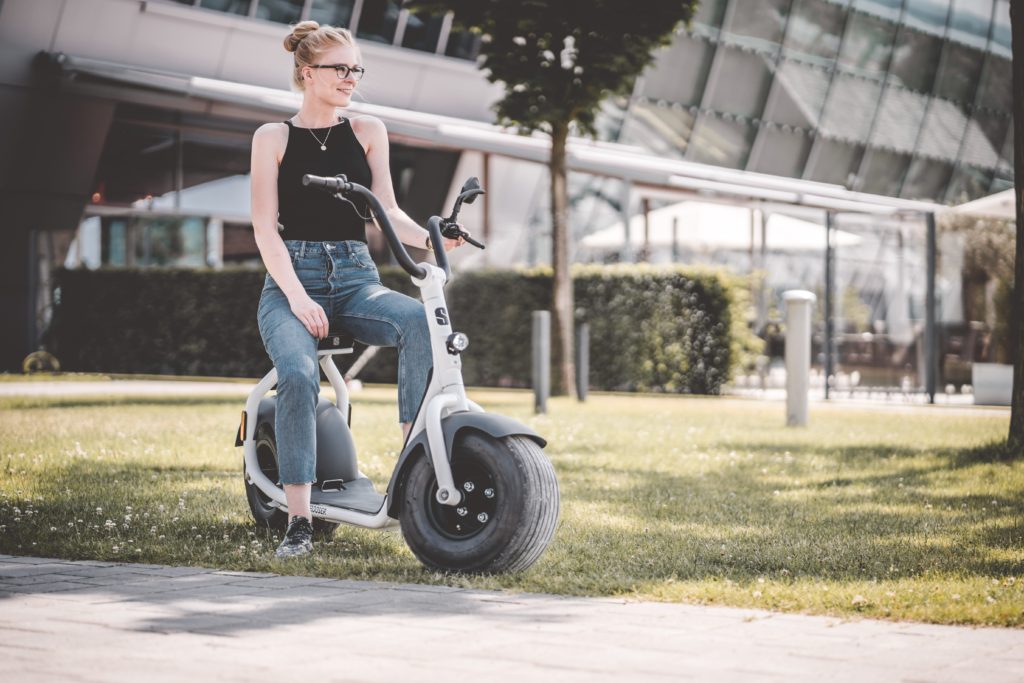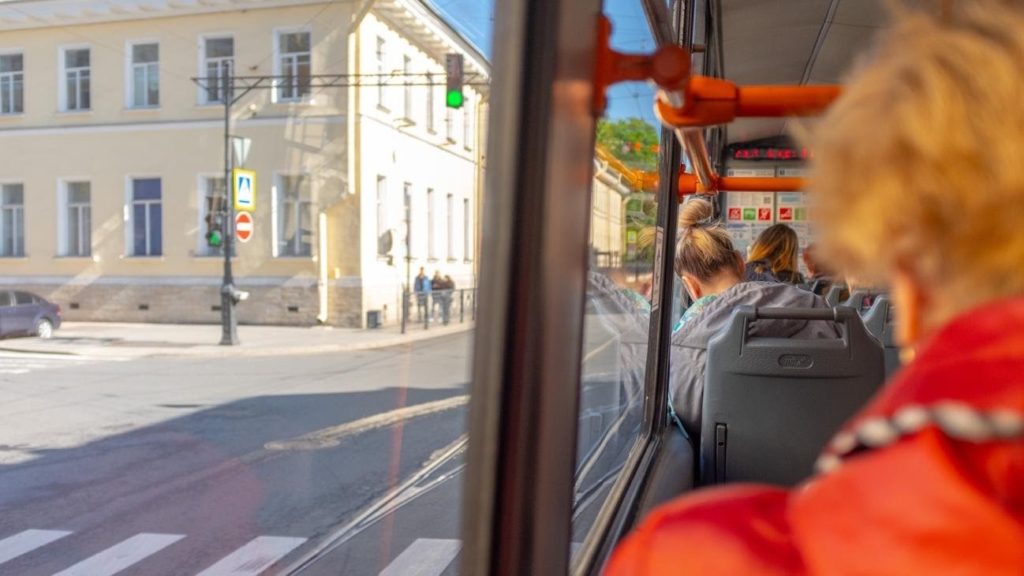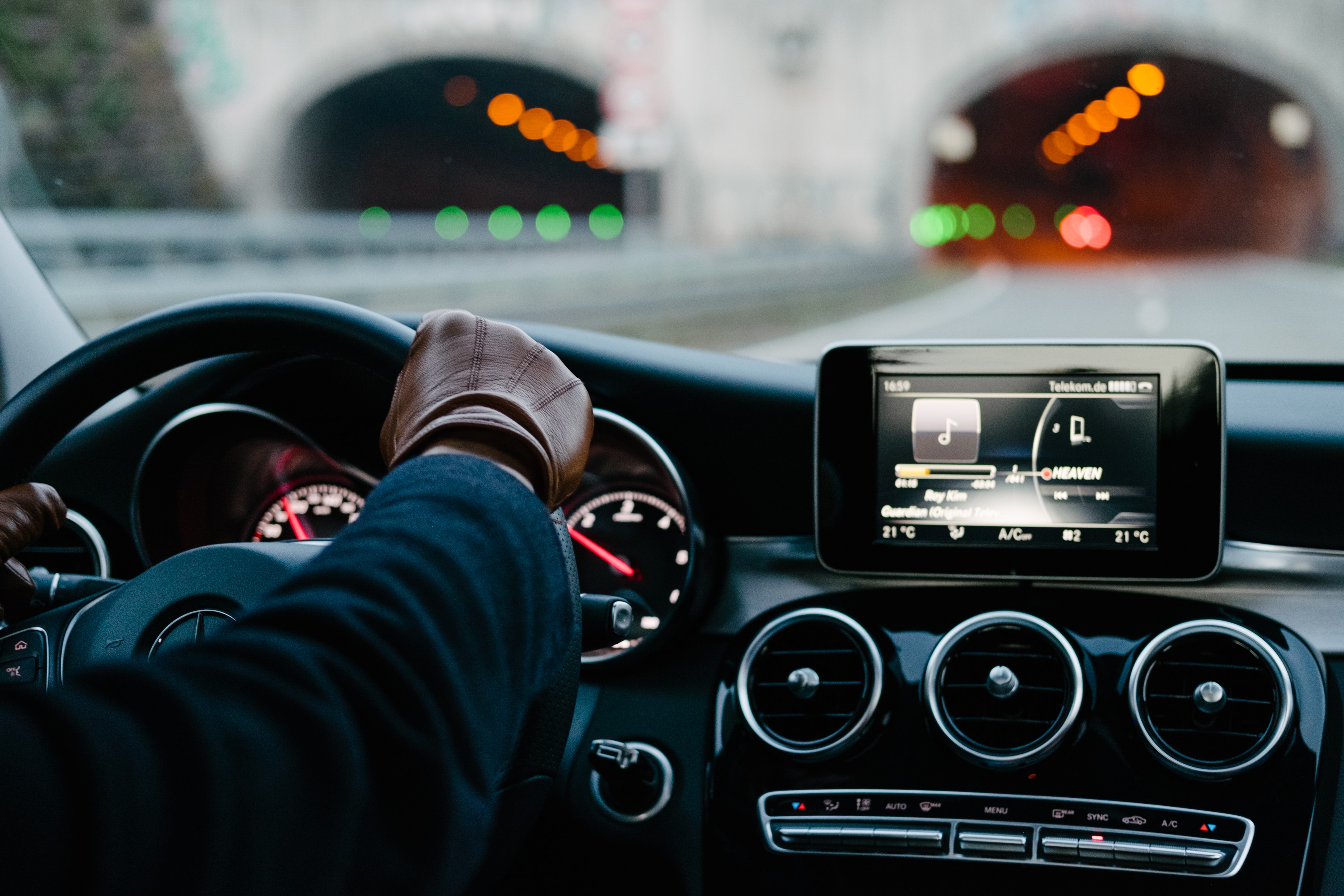Post-COVID-19 mobility: new trends and habits
The harsh restrictions experienced during quarantine in relation to public mobility have totally reshaped our way of moving, both on long and short distances. This has led to an imminent change in people’s mobility trends.
The countries that faced o are still facing this unprecedented health crisis, have been forced to rethink personal transportation and movements in the city.
The world is facing a revolution and a change of trend completely different from the pre-COVID scenario.
Let’s discover in detail the most relevant changes in global mobility.
Individual mobility: cars are the main characters
After a significant drop, we are likely to see an increase in car sales, which is seen as a safer mobility solution, far from public transportation which represents a too dangerous exposure to the virus.
This probability is reinforced by several investigations, which in fact show the tendency to use more and more personal vehicles to the detriment of public transport.
The research carried out by Areté, a strategic consulting company, shows that 70% of surveyed consumers will use an own personal vehicle as a mobility solution.

Not only cars will benefit from the changing trend in mobility: bikes and electric scooters are making room in the new post-COVID society.
They represent the new tools of urban mobility.
However, this change will largely depend on each consumer’s pre-COVID-19 habits. Those who previously owned a car will tend to use it increasingly, while those who always relied on public transport will tend to buy a bicycle, or walking instead.
In this sense, China is leading the change. Private cars, biking and walking have gained ground since the start of the pandemic, while bus and subway riderships have decreased.
On the other hand, if companies decide to let their employees telework, the mobility reduction would lead to a long-term decrease in vehicle mileage.
Changes in car buying channels

The Areté investigation mentioned above also shows changes in the pre-purchase.
Consumers prefer digital audio-video interactions, rather than face-to-face, by using platforms such as Skype or WhatsApp.
82% of the customers interviewed stated that they prefer to share the screen to configure the car together with the seller, instead of doing it in person.
In addition, 7 out of 10 respondents would be willing to buy and refine their car purchase through digital tools.
In short, we will increasingly experience what we can define a ‘digital salon’.
Urban mobility

There is no lack of initiatives to reconsider mobility in the cities, especially for those who do not own a vehicle.
The city of Rome, for example, is relaunching the use of public transport with various proposals: passenger counters, signs on the ground, external routes for crowded metro stations, and monitoring of the users flow in the public transports and at the stops via telephone cells, without forgetting the hygienization and the air conditioning implementation for every public transport.
If instead we take a look at the American continent, we realize the situation greatly differs. Bogotá, Colombia’s capital, has created 76 kilometers (or 47 miles) of additional cycle lanes, so that people do not have to travel on public transport.
In New York, cycling has doubled since March of this year. And in Oakland, California, 74 miles of streets have been blocked off to cars, so that pedestrians and cyclists can keep a safe distance from each other.
Automotive aftermarket changes

According to the McKinsey & Company agency, automotive aftermarket will be fundamentally changed.
If the 2007 crisis put the automotive sector to the test, the COVID-19 crisis has created a totally different situation from any previous crisis.
Overall, the coronavirus crisis has led to 5 fundamental changes in the aftermarket:
- A drastic reduction of kilometers/miles traveled: suffice it to consider that in March, car density was down to 17% in Bergamo and Milan. In Madrid, to 18%.
- Less collisions, especially in cities like Seattle (-50%) and San Francisco (-60%). If from one hand, this is clearly excellent news, on the other hand it inevitably leads us to think about the drop of crash-repair jobs.
- Decreased retail and workshop business: the temporary suspension of repairs and deadlines for technical controls and mandatory inspections has created many problems for workshops. Plus, consumers with less incomes are avoiding avoidable repairs. All this translates into a reduction in traffic to the workshops. German garages report that activity has decreased by 50%.
- Increase in digital channels and e-commerce volumes.
- Lower use of public transportation: as already mentioned, people avoid taking public transport to reduce social contact.
These 5 factors are already fundamentally changing the automotive aftermarket, changing the relationship between supply and demand.
The disinfection certification after a car repair and before the delivery of a new car becomes an essential document in the new post-coronavirus era.
Future Aftermarket scenarios
McKinsey & Company proposes 9 possible future scenarios.
In the worst case, we will witness a continuous return of the virus and a frequent fall of the global economy, with a possible return to normal only in 2022. In the most optimistic scenario, the health care system will succeed in containing the spread of the virus, political initiatives to improve the economy will grow and global GDP will recover in the fourth quarter of 2020.
Unfortunately, in both scenarios we see a sales decrease in the aftermarket sales.
For example, within maintenance and consumable parts, such as motor oil and wiper blades, a drop of about 5-7% is expected in the USA and a 10-20% in Europe.
It is inevitable for companies to accept that coronavirus changed our world forever.
In this new economic system, only those who really wish to adapt can continue their grow path and survive an unprecedented health and economic crisis.
Lever Touch Solutions: for a safe mobility

At Lever Touch, we have never stopped looking for the best solutions to adapt to COVID-19, solutions that could be effective for us and, above all, for our clients.
Our Express Repair Centers located in Caserta and Barcelona have been provided with all the protection material to face employees’ returning to work. They are required to comply with strict regulations.
Our customers will receive their repaired vehicles only after a total disinfection, according to the applicable local regulations. They will also receive a certificate proving that the vehicle has been properly sanitized.
We do everything possible to offer, today more than ever, a simply impeccable service and a safe mobility.



